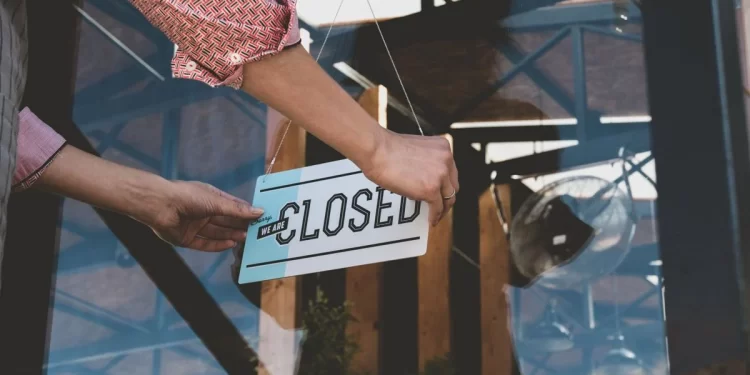By Casey Harper | The Center Square
(The Center Square) – Small business owners are feeling the pain of inflation-driven interest rate hikes, another difficulty for those owners to overcome as they continue to recover from the COVID-19 pandemic-era shutdowns.
A rash of federal spending and an increase in the money supply in recent years have fueled inflationary pressures. Prices soared during the beginning of the Biden administration, making it hard for Americans to make ends meet.
To push down inflation, the U.S. Federal Reserve hiked interest rates nearly a dozen times to the highest level in 22 years. As The Center Square previously reported, The U.S. Bureau of Labor Statistics’ Producer Price Index, a key marker of inflation, has increased nearly 17% since President Joe Biden took office. Wages, meanwhile, have not kept up.
Now, inflation has largely slowed its rapid increase, but the new interest rates have made borrowing money much more expensive.
“Congress spent trillions upon trillions in recent years both in its irresponsible response to the pandemic and simply for further bloated increases for federal programs and agencies,” Joel Griffith, an economic expert at the Heritage Foundation, told The Center Square. “The central bank—the Federal Reserve—printed nearly $5 trillion, in part to finance this deficit spending. These newly created dollars flowed into the economy at a rapid pace. More dollars chasing too few goods sparked inflation.”
The average mortgage prices last week hit 7.09%, the highest in two decades. This time last year, the average rate was about 5.13%. Interest rates on business loans have risen as well.
“In addition, when banks lend out these dollars, the money supply increases even further,” Griffith said. “By raising interest rates, the Fed hopes to curtail demand for these loans— lessening the inflation they the Fed itself helped create.”
Recently released survey data gives a window into the impact of those policies, reporting that many small business owners cite interest rates as a major problem.
“Over half (58%) of small business owners who borrowed or tried to borrow reported high interest rates as their largest complaint in accessing financing,” the National Federation of Independent Business said.
NFIB’s monthly survey of business owners shows that the percentage who cite interest rates as their biggest concern has ticked up as well.
Those businesses are also generally concerned about the banking sector, which has seen multiple bank collapses and fear of a domino effect.
“The health of the financial system is essential to small business operations,” said Holly Wade, Executive Director of NFIB’s Research Center. “While most owners are currently satisfied with their ability to borrow, the escalating cost of financing associated with high interest rates is a significant issue for many.”



